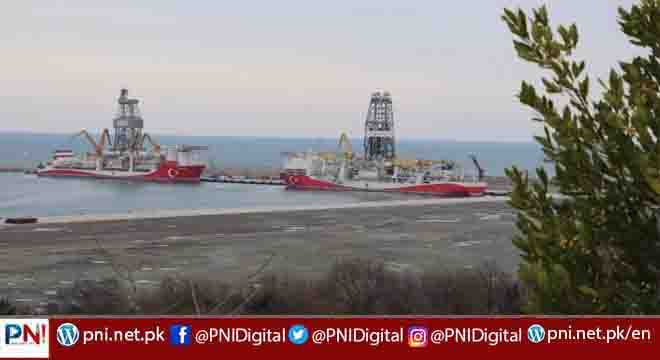Brussels, Dec 19 (AFP/APP):EU energy ministers on Monday overcame months of wrangling to agree a price cap for natural gas in the bloc of 180 euros per megawatt hour, effective from mid-February.
“It wasn’t an easy thing to achieve,” Maltese Energy Minister Miriam Dalli said.
The agreement, set out in a European Council statement, unlocks other pre-agreed measures to mitigate an energy crunch Europe is facing as a consequence of Russia’s war in Ukraine.
They include joint gas purchases, a future new benchmark for pricing gas, and speedier authorisations for renewable energy sources.
It took four months for the 27 EU member states to overcome divisions on the issue.
One camp wanted to urgently bring down gas prices sent soaring by Russia’s war in Ukraine by limiting how high the price for gas used in electricity generation could go.
The other, led by heavyweight Germany, was leery of a too-easily-triggered price cap that could scare off liquified natural gas (LNG) supplies to more lucrative markets in Asia.
Both camps are worried about soaring prices in 2023, ahead of next winter in Europe, when countries will be filling storage.
In the end, Germany voted in favour of the 180-euro price cap, which was sharply lower than a 275-euro limit initially proposed by the European Commission.
Tough conditions the commission had suggested for triggering the price cap were significantly eased, but strings were still attached.
The EU document said the price cap regime — in force from February 15 and effective for a year — would require the 180-euro limit to be breached for three consecutive days, instead of the two-week period initially suggested by the commission.
It would also require the month-ahead price for gas in Europe to be at least 35 euros more than that paid for LNG on global markets.
EU energy commissioner Kadri Simson said the European Securities and Markets Authority (ESMA) and the bloc’s Agency for the Cooperation of Energy (ACER) would present a “data report” on likely consequences before the unprecedented price cap takes effect.
“The Commission stands ready to suspend ex ante the activation of the mechanism, if an analysis from ECB (European Central Bank), ESMA and ACER shows that the risks outweigh the benefits,” she said.
– Prepared for next winter –
Europe’s benchmark price for natural gas delivered via pipeline was trading at just under 112 euros per megawatt hour on Monday.
It had briefly soared to nearly 340 euros per megawatt hour over the summer, rattling governments.
“We have managed to reach a very important agreement on the price ceiling for gas,” said Czech Industry Minister Jozef Sikela, who chaired the meeting under his country’s EU presidency.
“Europe will thus have a package of measures to help it prepare for next winter and protect citizens and businesses from extreme price volatility.”
It was “not easy to understand its ultimate impact, given all the safeguards included,” tweeted Simone Tagliapietra, an expert at the
Bruegel think tank in Brussels who analyses EU energy issues.
“This is no silver bullet,” he warned, saying EU countries still needed to
cut back on public and business demand for gas-powered energy, and to focus more on transitioning to greener sources.
France’s energy minister, Agnes Pannier-Runacher, said that, with the price cap agreed, attention must now turn to a longer-term reform of the EU’s energy market, notably unhitching the price of gas from that of electricity.
Follow the PNI Facebook page for the latest news and updates.









